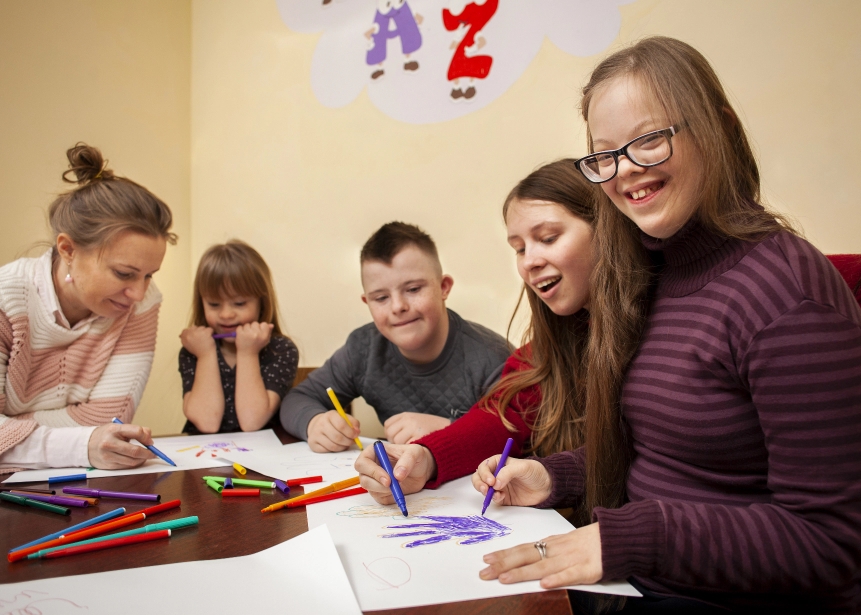Vision
The Clements Centre Society envisions a community in which all individuals are included, valued, and celebrated
Mission
We bring hope, belonging, and independence to children, youth, and adults with developmental disabilities and their families by offering programs and services that promote participation and engagement.
Clements Values
- All people have the right to be treated with dignity and respect
- All people should have access to needed services that achieve maximal outcomes
- All people are entitled to live and participate as full citizens in the community of their choice, with the same rights, obligations, and responsibilities as other citizens
- All people must have their personal autonomy protected, with every effort made to nurture and enhance self-determination
Statement of Reconciliation
Background
The Truth and Reconciliation Commission of Canada was created by the Indian Residential Schools Settlement Agreement. For over six years, the Commission traveled the country and heard from Indigenous peoples about the impact of residential schools on their lives and communities. The outcome was the Truth and Reconciliation Calls to Action.
Acknowledgements
Clements Centre Society recognizes that residential schools and other acts of colonization have resulted in broad inequities for Indigenous people in Canada. These inequalities create significant barriers for Indigenous children, youth, adults, and families trying to access programs and services. The Society envisions a community in which all individuals are accepted, valued, and celebrated and acknowledges its responsibility to work towards reconciliation with Indigenous communities.
Our services are provided on the traditional and ancestral territories of the Lyackson, Stz’uminus, Puneluxutth’ (Penelakut), Halalt, Dididaht, Pacheedaht, Pauquachin, Quw’utsun, Meluxuh (Malahat), and Ts’iibaa-asatuz people.
Commitments
- The Society will make an acknowledgment of Aboriginal territory at Clements meetings and hosted events
- Incorporate into the Society’s strategic plan a focus on reconciliation
- Provide education for management, staff, and board directors on the history of Aboriginal peoples, including the legacy of residential schools, the United Nations Declaration on the Rights of Indigenous Peoples, and Treaties and Aboriginal peoples
- Continue to build relationships with other organizations and associations with a focus on Indigenous peoples
